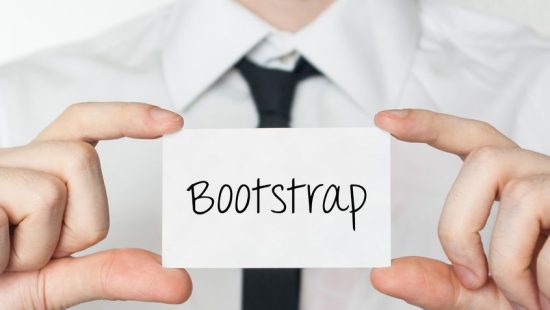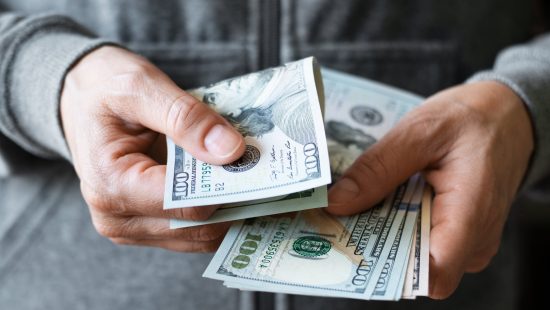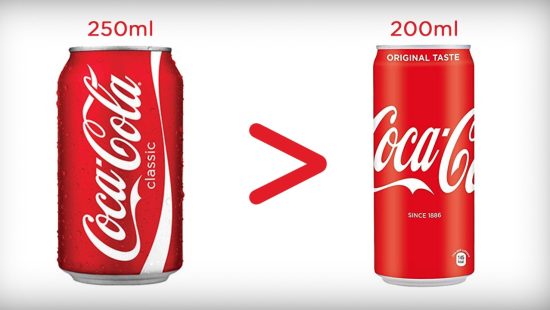What would the world be like if every human being was perfectly satisfied with what they had, never wishing and no one wanted anything? An idyllic utopia? Actually, all of our societies would come to a screeching halt, and we’d all be terribly bored. Wanting more is what gets us out of bed in the morning. It’s what hopes, dreams, and aspirations are all about.
It’s also the reason why one of the most robust findings in social science research, is that people are never satisfied for very long (Brickman, 1971). There have been a number of hypotheses offered to explain why we seem to be stuck on a hedonic treadmill, always reaching for the next thing, ranging from the idea that we have a set point for happiness which we always return to no matter how much we have, to meet psychological needs.
New research, however, suggests something else. Mastroianni and Ludwin (2022), in 8 different studies, showed that if you ask people how something can be different, they will always tell you how it can be better. In other words, when people think of their life being different, they always imagine a better future. Imagining things being better, or “wanting more,” is what propels societies forward.
The first stone tools and the supercomputers we have today were both born from the singular thought, “Wouldn’t it be better if__?”
A large part of our brain is dedicated to reward processing. When we imagine something as better, it feels rewarding. Rewards are all the things you look forward to in life—vacations, a new home, a good meal, a new relationship. Rewards are things we believe would make our life better if we had them. When you think about rewards, the brain pumps out dopamine, which is a feel-good neurotransmitter. Anticipating something rewarding is one of the best ways to experience positive emotions.
Why is it that when we want more, we often feel negative emotions? Negative emotions come from thinking about what you don’t want. Not having what you want is something you don’t want. When you think about something you want, but then feel upset that you don’t have it or believe that, for some reason, you will never have it, you feel emotions such as sadness, disappointment, anger, or depression. The pain often associated with wanting things has nothing to do with wanting itself, but from believing you can’t have what you want.








